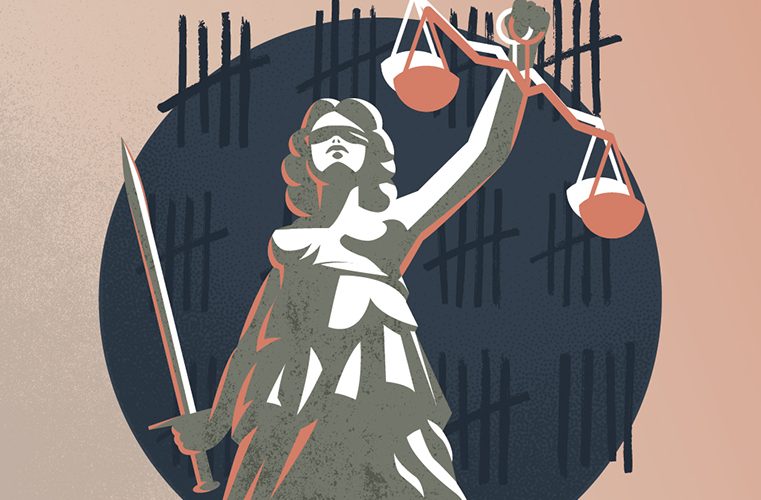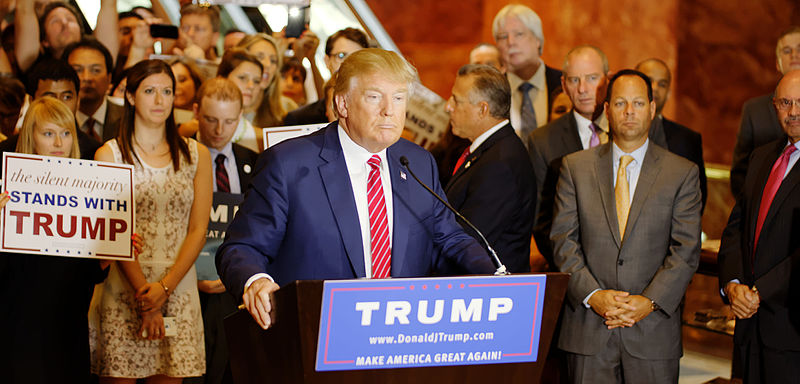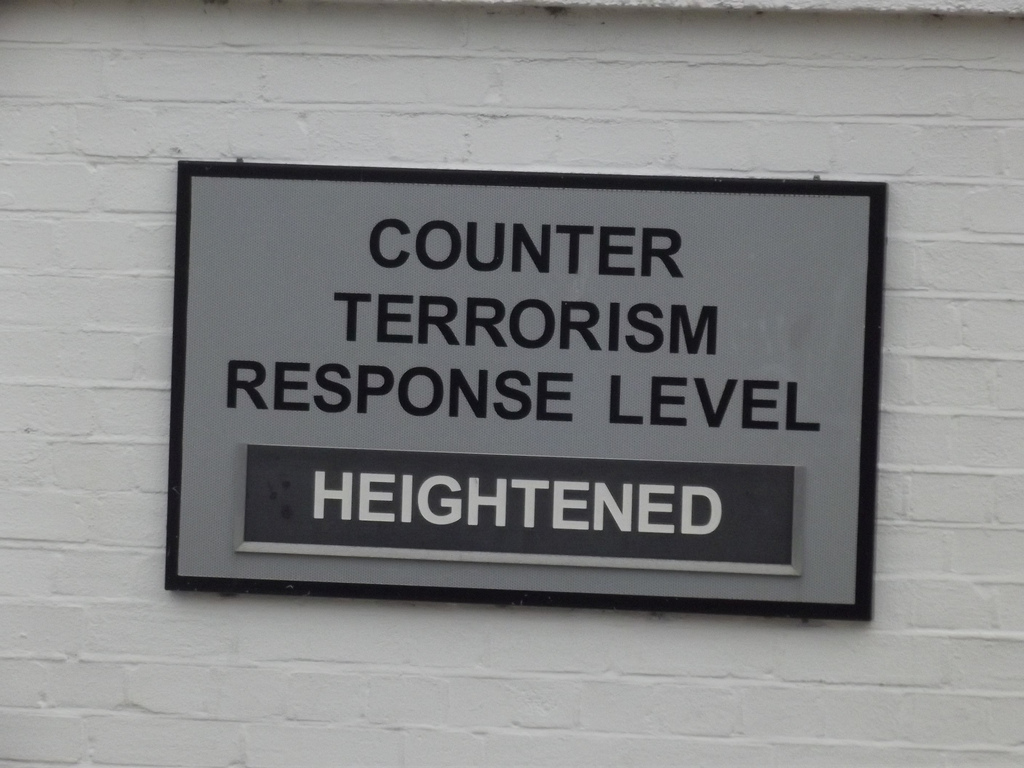Wrongful convictions demonstrate one of the most apparent signs of injustice in the United States. A wrongful conviction occurs when someone is found guilty of a crime they did not commit, often after being targeted in ways that are shaped by systemic bias. For African Americans, wrongful convictions are not rare accidents; they instead happen frequently, and they are unfortunately part of a larger pattern that stretches across American history. Racial profiling, unequal policing, limited access to strong legal defense, and stereotypes in the courtroom all play a role in creating an unjust system of prosecution and punishment. African Americans have been found to be more likely to be wrongfully convicted, and the harm does not simply end once a person is released from prison. Wrongful convictions leave behind long-lasting costs that affect mental health, financial security, and trust in the legal system. Examining each case shows how wrongful convictions are not just personal tragedies, but also collective failures that impact entire communities.
The emotional costs of wrongful convictions are deep and often permanent. For many exonerees, the trauma begins at the moment of arrest. Being accused of a crime you did not commit creates feelings of shock, confusion, and fear. Going through a trial where the outcome seems predetermined only adds to the emotional toll. Once imprisoned, years of separation from family, living in dangerous conditions, and facing the constant stress of confinement take an enormous emotional toll. Many exonerees struggle with depression, post-traumatic stress disorder (PTSD), and anxiety long after their release. Some people struggle to trust others, while others feel disconnected from their communities after being away for a long time. For African Americans, this burden is even heavier because wrongful convictions reinforce stereotypes that already label Black men and women as “criminals,” even after they are declared innocent.
Walter McMillian, a Black man from Alabama, was sentenced to death in 1988 for a murder he did not commit. He spent six years on death row before being freed. Although his name was cleared, McMillian never recovered emotionally, spending the remaining years of his life openly speaking about the nightmares, fear, and pain that he carried. Similarly, Ricky Jackson and the Bridgeman brothers from Cleveland were wrongfully convicted in the 1975 murder-robbery of Harold Franks based solely on a coerced statement from a 13-year-old boy, despite no physical evidence or criminal history linking them to the crime. Jackson lost nearly forty years in prison, the longest wrongful imprisonment of any exoneree in US history. Even after they were exonerated, they struggled to rebuild their lives in a society that had moved on without them.
This struggle is not isolated; statistics show that many exonerees face deep and lasting hardships. Currently, African Americans are seven times more likely than White Americans to be falsely convicted of serious crimes. In rape cases, the disparity is even greater, with Black men being eight times more likely to be wrongfully convicted than White men. For drug crimes, the rate jumps to nineteen times higher. Black exonerees also spend more years in prison compared to similarly situated White exonerees, on average, before being released, which means more time away from loved ones and more emotional damage.
Beyond the emotional toll, wrongful imprisonment also results in severe financial burdens. A wrongfully imprisoned person loses years or even decades of income. They cannot work, save money, or provide for their families. By the time they are released, they often return to a world where their skills are outdated, job opportunities are limited, and stigma follows them everywhere. Even though they were proven innocent, many employers still view exonerees’ prison time as a red flag, which makes re-entering the workforce extremely difficult. Job applications often require disclosure of incarceration history, and background checks can reveal time served without explaining the wrongful conviction. As a result, exonerees may face repeated rejection, long gaps in employment, and pressure to accept low-wage or unstable jobs.
The financial harm also extends to families. When a parent is imprisoned, the household often loses its primary source of income. Children may grow up in poverty, and surviving family members may take on debt to pay for legal fees or basic needs. Communities also feel the impact when many of their members are locked away and unable to contribute to local economies. High incarceration rates weaken local economies, reduce employment opportunities, and destabilize families. The combined consequences demonstrate that wrongful imprisonment not only harms individuals but also undermines the social and financial stability of families and neighborhoods.
An example of this is the case of Henry McCollum and Leon Brown, two Black brothers from North Carolina who spent thirty-one years in prison for a crime they did not commit. In 2021, the court awarded the brothers $75 million in compensation. While this seems like a large amount, no sum of money can replace the decades of trauma, lost wages, opportunities, and life experiences.
Not only are the costs of wrongful convictions personal, but they also place a heavy financial burden on American society. Since 1989, states and cities have paid out more than $4.6 billion in compensation and civil damages to exonerees. Since African Americans make up more than half of all wrongful conviction cases, a disproportionate share of this money is tied to racial injustice. These payouts also drain resources that could otherwise be used for schools, healthcare, housing, or community programs. In this way, wrongful convictions both deepen the racial wealth gap and limit public investment in the very communities most harmed.
Wrongful convictions also carry an enormous legal cost. Many cases involve misconduct by police officers, prosecutors, or even judges. Evidence may be concealed, witnesses may be pressured into lying, or confessions may be coerced. Research shows that official misconduct is more common in cases involving Black defendants. Every time this happens, it takes years of appeals, hearings, and investigations to correct. This process clogs the courts and drains public legal resources. For the exonerees, the legal process rarely ends with their release. While some states offer automatic compensation, others do not. In many places, the law sets strict limits on the amount of money that can be awarded, and it also requires exonerees to prove their innocence again to qualify for assistance. This forces many to file civil rights lawsuits, which are expensive, lengthy, and emotionally draining. McCollum and Brown received compensation only after years of legal struggle.
At the broader level, wrongful convictions weaken trust in the justice system. When the public sees innocent people repeatedly convicted, confidence in police, prosecutors, and courts decreases. To address this, states have been pressured to reform eyewitness identification procedures, raise forensic standards, and increase oversight of prosecutors. These reforms are necessary but costly, adding another layer of legal and political expenses.
Wrongful convictions of African Americans are not isolated mistakes; they are part of a system built on racial bias and inequality. Individuals who suffer trauma and families who are torn apart carry the emotional costs. Financial burdens drain wealth from Black communities and divert public resources. Legal battles undermine faith in the justice system and force courts to spend years correcting their own errors. To reduce these injustices, reforms must target the racial disparities that drive wrongful convictions. This includes stronger oversight of police and prosecutors, fairer access to quality defense, reforms to eyewitness and interrogation practices, and compensation laws that treat exonerees with dignity. Only by addressing the problem at its roots can society reduce the emotional, financial, and legal costs of wrongful convictions and move closer to a justice system that lives up to its name.



